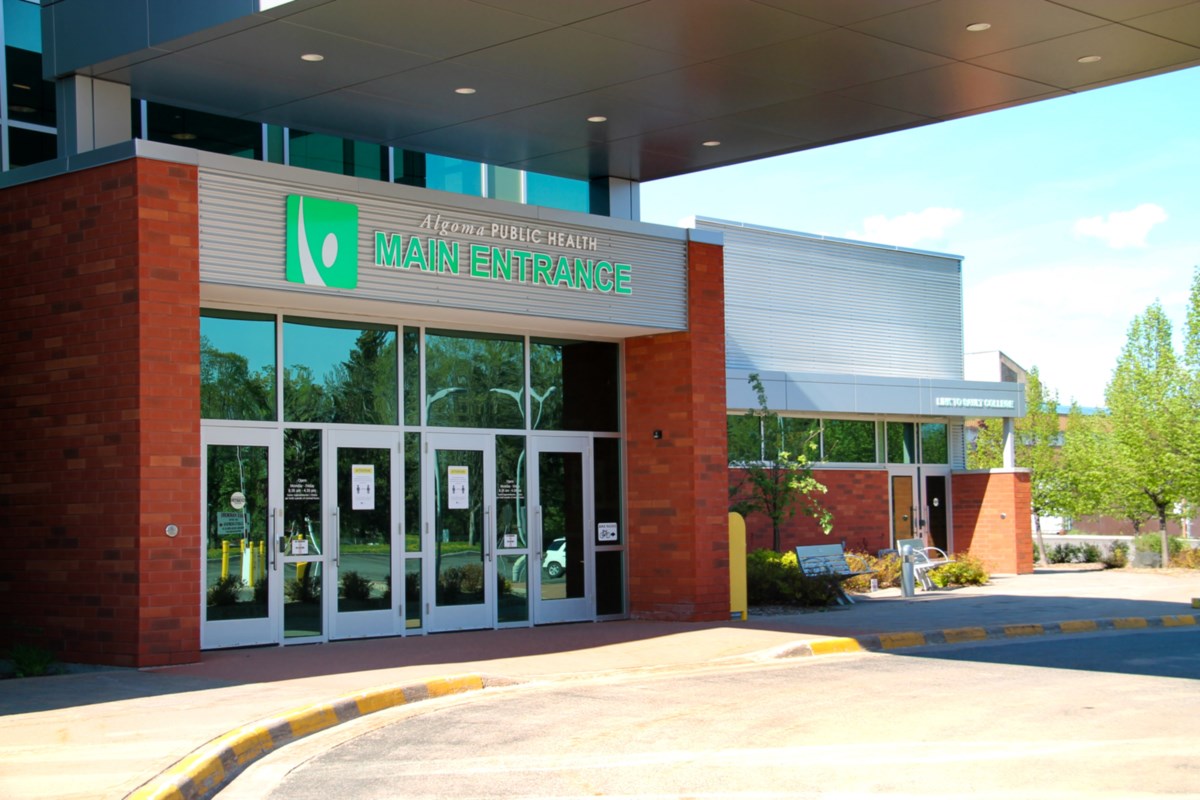Algoma Public Health plans to take a ‘unified approach’ to implementing mental health promotion across each of its programs and communities
Work is underway to promote mental health supports across the Algoma region.
The new Mental Health Promotion Framework at Algoma Public Health aims to introduce a “unified approach” to supporting mental health across the agency and the communities it serves.
While mental health workers might work directly with clients to prevent or address mental illness, the health unit’s framework will aim to promote mental health supports at a structural, full-community level.
“It could look like green city parks. It could look like transportation networks such as bike lanes or policies for smoke free spaces,” said Hilary Gordon, manager of school health and community wellness, at Wednesday’s board of health meeting.
“We are seeking to improve the health status of the entire population by doing upstream interventions that are working to decrease those inequities.”
The health unit plans to integrate a “shared understanding” of mental health promotion across its programs, with the framework taking a holistic approach across individuals’ lifespans, relationships with others, and relationships with the world around them.
From the first critical few years of a child’s life, promoting community and supportive spaces, addressing systemic inequities, to connection with the land and environment, the framework is grounded in foundational principles like equity, integration, and inclusion.
The framework was put together over the past couple of years and Algoma Public Health has introduced it to its various program teams.
The next step involves those teams and programs implementing mental health promotion in the work they do.
One example of current efforts is exploring the Icelandic prevention model – a community-based, data driven model to reduce substance use within youth populations.
“The first step is to build up community coalitions and partnerships, or community partnerships, to form coalitions in their respective geography areas,” Gordon said.
“This work is currently underway at different stages across Algoma and it’s really exciting to see local champions in the community come forward.”
Just as implementing the Icelandic model requires community organizations, mental health promotion across the region will require collaboration and ongoing effort.
“Overall, this work, we can’t do it alone,” Gordon said.
“The complexity of factors that enable positive mental health really does require collaboration with multiple sectors and community partners.”
Once all of the health unit’s programs have implemented the framework and identified opportunities, APH will work to establish an internal mental health promotion team – and continue to update the framework and evaluate how it’s been implemented.
“All of the work we do in health is overlapping circles, but public health probably has more overlapping circles than anybody else,” said Suzanne Trivers, APH board chair, during the discussion.
“As coalitions are built to improve mental health and reduce substance use . . . that puzzle piece of environment and planetary health is going to get built into that as well,” Trivers said.
“There are all of these little intersecting approaches that I think the framework brings together really nicely.”

